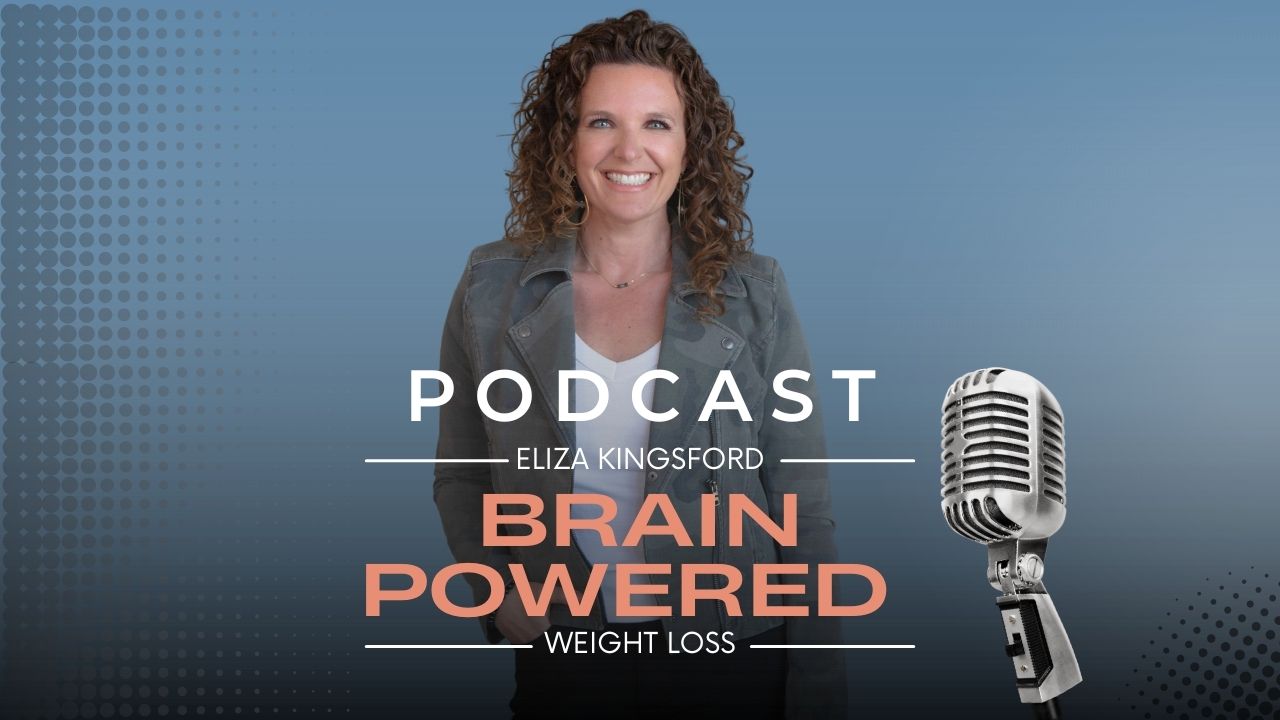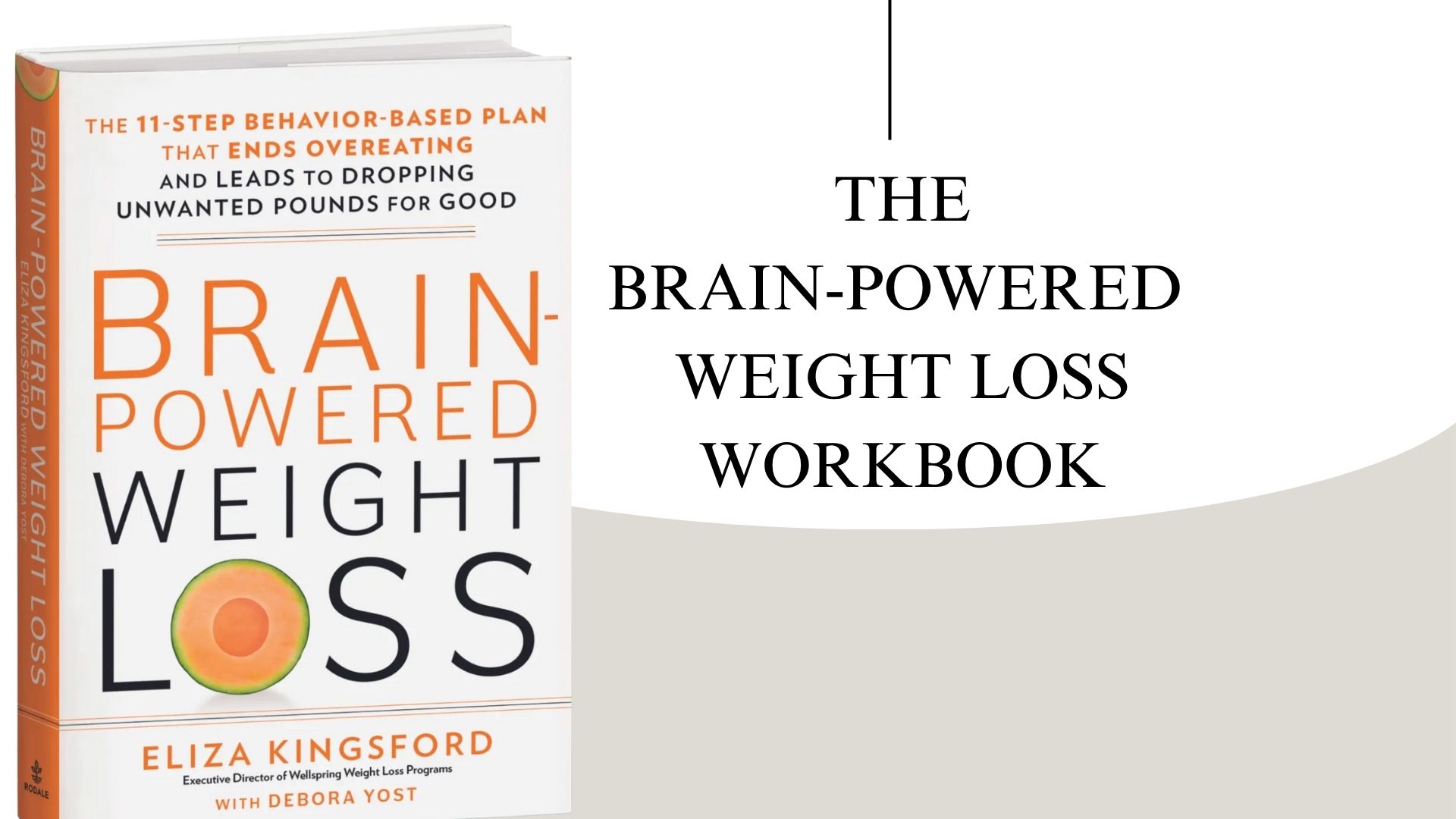
Ozempic and the Rise of Weight-Loss Drugs: Benefits, Risks, and What You Should Know
Oct 17, 2024Unless you’ve been living under a rock, I’m sure you’ve heard about the dramatic rise in people taking weight loss medications like Ozempic and Wegovy. These medications have become the talk of the health and wellness world, especially as new data shows a decline (albeit small) in the obesity rates for the first time in many decades. The newer GLP-1 receptor agonists are being touted as a revolutionary aid for weight loss and promise to transform how people manage obesity. But what exactly are these drugs, do they really work? And should everyone be jumping on the bandwagon?
Let’s dive into the benefits, risks, and how to determine if taking them is right for you.
What Is Ozempic, and How Does It Work?
Without getting into too much scientific jargon, Ozempic belongs to a class of drugs known as GLP-1 receptor agonists because they mimic the action of glucagon-like peptide 1 (GLP-1). As blood sugar levels in the body start rising, these medications help the pancreas make more of the hormone insulin. Insulin then helps blood sugar move into the body's cells to be used for energy. These medications also reduce glucagon, a hormone secreted by the liver that causes glucose levels to rise in the bloodstream.
In addition, these drugs have been shown to slow down digestion and gastric emptying (which makes you feel full quicker and longer, helping you eat less) and significantly reduce appetite and cravings (which also helps you eat less).
Because of the initial success of these drugs for treating Type 2 diabetes, doctors began widely prescribing them ‘off-label’ solely for weight loss, and the rest, as they say, is history.
Of course, Ozempic isn’t the only drug in the GLP-1 category. Wegovy, a higher-dose version of semaglutide, and other GLP-1 receptor agonists like Rybelsus are also widely used, and more drugs are hitting the market regularly, all promising to help people shed significant pounds with minimal lifestyle changes. But, is that really a good thing? I’ll get to that later.
The Benefits of Ozempic for Weight Loss
For many, taking these medications has been a game-changer. Many clinical trials have shown that users can lose anywhere from 15% to 20% of their body weight over the course of a year. This can be life-changing for those who have struggled with obesity-related health issues like high blood pressure, sleep apnea, and type 2 diabetes. They also have been shown to lower blood pressure and total cholesterol due to weight loss. Additionally, patients are seeing improved liver function and lower rates of strokes, kidney and heart disease.
These outcomes show the massive impact that losing weight can have for major medical issues presenting significant health risks and, for some, can be the difference between life and death.
But before you go running to your doctor for a lifetime (that’s right - lifetime) prescription of a weight loss medication…..keep reading. There’s so much more to this story.
The Risks and Long-Term Concerns
Despite the positive outcomes, there are MANY concerns surrounding the widespread use of these medications for weight loss. I’ll list a few big ones, and then I’ll focus on three risks that are of major concern for me.
- For some, there are significant side effects that can be quite severe, but that is pretty typical for medications and we have to always weigh the pros and cons.
- The cost and availability of these medications vary widely, limiting the access and long-term viability - in essence, weight loss drugs are NOT saving you money on treatment!
- Because of the cost and availability, compounding pharmacies have emerged selling variations of these medications that are not regulated by the FDA and therefore carry many risk factors. This continues to get worse as the popularity and demand continue to grow.
- There is talk about giving these drugs to children and I am VEHEMENTLY against that for now, see below for why.
These alone might give you good reason to pause and make sure it’s the right decision for you. However, these aren’t even the most concerning, in my opinion.
Three possible downsides of taking these medications stick out to me in a meaningful way.
First, the long-term safety of using medications for weight loss isn’t fully understood yet. Because they were initially intended for diabetes management, large-scale studies focusing on their long-term impact on otherwise healthy individuals are limited.
There are millions of people using these medications in an ‘off-label’ way for weight loss and we just don’t know the long-term implications yet.
Before you brush that off, you should know that pretty soon, it’s very likely doctors will be prescribing these medications to children and the research looking into what these medications could be doing to the brain and nervous system is NOT something I would mess around with when it comes to children.
Second, there’s also the issue of long-term outcomes. Dr. Sameer Khan at Johns Hopkins School of Medicine said “Everything we know about these medicines suggests you can't stop them without gaining back the weight and losing any gained control over diabetes”. Once the medication is stopped, the risk of regaining weight is high. As one study notes, the majority of individuals who discontinue GLP-1 receptor agonists see a reversal in weight loss after about 6 to 12 months, some gaining even more weight than when they started the medication.
In other words, in order to keep the weight off, you have to keep taking the drugs which means a lifetime of this financial investment with unknown long-term health ramifications.
But perhaps the biggest risk factor, as I see it, is the one that is slowly but surely gaining attention. There is a building concern about these drugs, and it’s a big one. Many people using these medications report experiencing increased anxiety, depression and anhedonia (a lack of interest in things that were previously enjoyed).
Essentially, people are saying that life gets worse. And this is not surprising to me. To be fair, I should mention that these reports are anecdotal at this point and the findings need to be studied. Although, there are certain companies that will undoubtedly make this research hard to accomplish (ah-hem big pharma anyone?).
Why might this be happening and what does it mean?
When we look at how these weight loss medications are acting on the reward centers and the hypothalamus in the brain, it would be negligent not to worry about the impact disrupting those natural pathways would have in other areas. Didn’t we learn anything from manipulating the “bliss point” in the brain when scientists mechanically engineered ultra processed foods?
As I see it, essentially, these medications are acting as a tool, bypassing the body’s signals to help aid in reducing food intake for people who’ve struggled to moderate food intake on their own. Admittedly, as a society, we’ve made doing this INCREDIBLY hard for a myriad of reasons (a topic for another blog post). To put it bluntly - first we created a problem, and then we created the medication for the quick fix of that problem.
The issue, here, is that when we bypass the body’s cues and signals for eating, we don’t cure the root cause, we mask it. And the body is so much smarter neurobiologically than we are cognitively. We can’t outsmart it. It will send us those signals somewhere else. I believe this is what is happening for people who are struggling with symptoms of anxiety, depression, lack of interest in things and decreased libido. Essentially, what food was “helping” to alleviate is now coming to the surface in a different way, and we just simply cannot ignore this.
I believe there is a way to incorporate these medications AND ensure long-term health......
A Step Forward, But Not a Cure-All
Weight-loss drugs are undoubtedly advancing the fight against obesity, but they come with their share of risks and unknowns. For now, they can serve as a tool in the larger toolkit for weight management - but in my opinion, they should NOT be used as the solution, they should only be used as a tool.
I’ve had many clients who have done the meaningful work of determining the root cause of their eating patterns and, in conjunction, used the tool of weight loss medication to make something difficult (moderating food intake) easier. They’ve had massive success doing these things together.
You might be surprised to hear I actually really like these medications in tandem with meaningful inner work, but it’s important to understand that we can’t outrun the deeper context of why we were turning to food in the first place. And I have deep concerns about those who are not looking at the root causes and necessary lifestyle changes especially as we're seeing the possible emotional and psychological impacts of these medications.
Looking to learn more? Click Here to download my Ultimate Guide to Navigating GLP-1 Medications for Weight Loss.
What’s Next
If this message resonates, if you’ve realized your weight struggle runs deeper than diets—it’s time to heal what’s really underneath. I want to personally invite you to watch the Master Your Weight Loss Workshop for yourself - free!
This isn’t another plan. It’s a shift in identity. And for thousands of women, it’s the beginning of freedom.
👉 You can watch by clicking this link here
🎧 Want More Like This?
If you're ready to go deeper into behavior change, emotional regulation, and sustainable weight loss, don’t miss The Brain Powered Weight Loss Podcast, hosted by me - Eliza Kingsford.
Each episode breaks down the neuroscience behind food patterns, cravings, and mindset shifts — so you can finally understand why you get stuck, and what to do about it.
Click here to start listening now
💬 Let’s Keep the Conversation Going
If something in this post resonated with you, you're not alone — and you don’t have to figure it out alone either.
As a licensed psychotherapist, behavior change specialist, and expert in the neuroscience of lasting transformation. I've helped thousands of people, regulate their nervous systems, and finally gain control over food and their bodies — not through willpower, but through proven, science-backed methods - offering a path to sustainable change that actually works - not just for your body, but for your whole self.
👉 Ready for deeper support? I welcome hearing from you. Send me an email: [email protected].
And if you're looking for a safe place to heal your relationship with food, body, and self — you're in the right place. I'm so glad you’re here.


